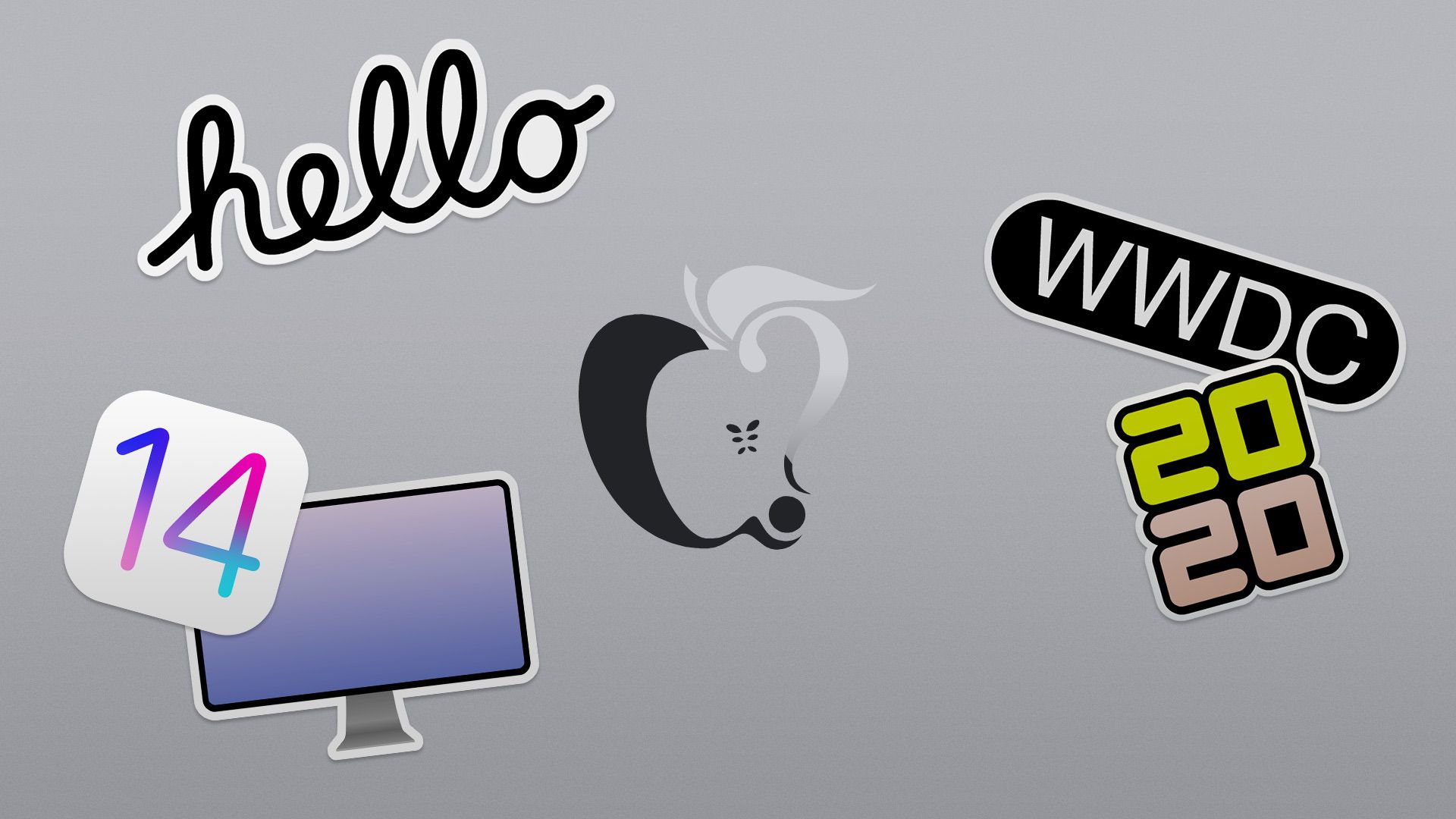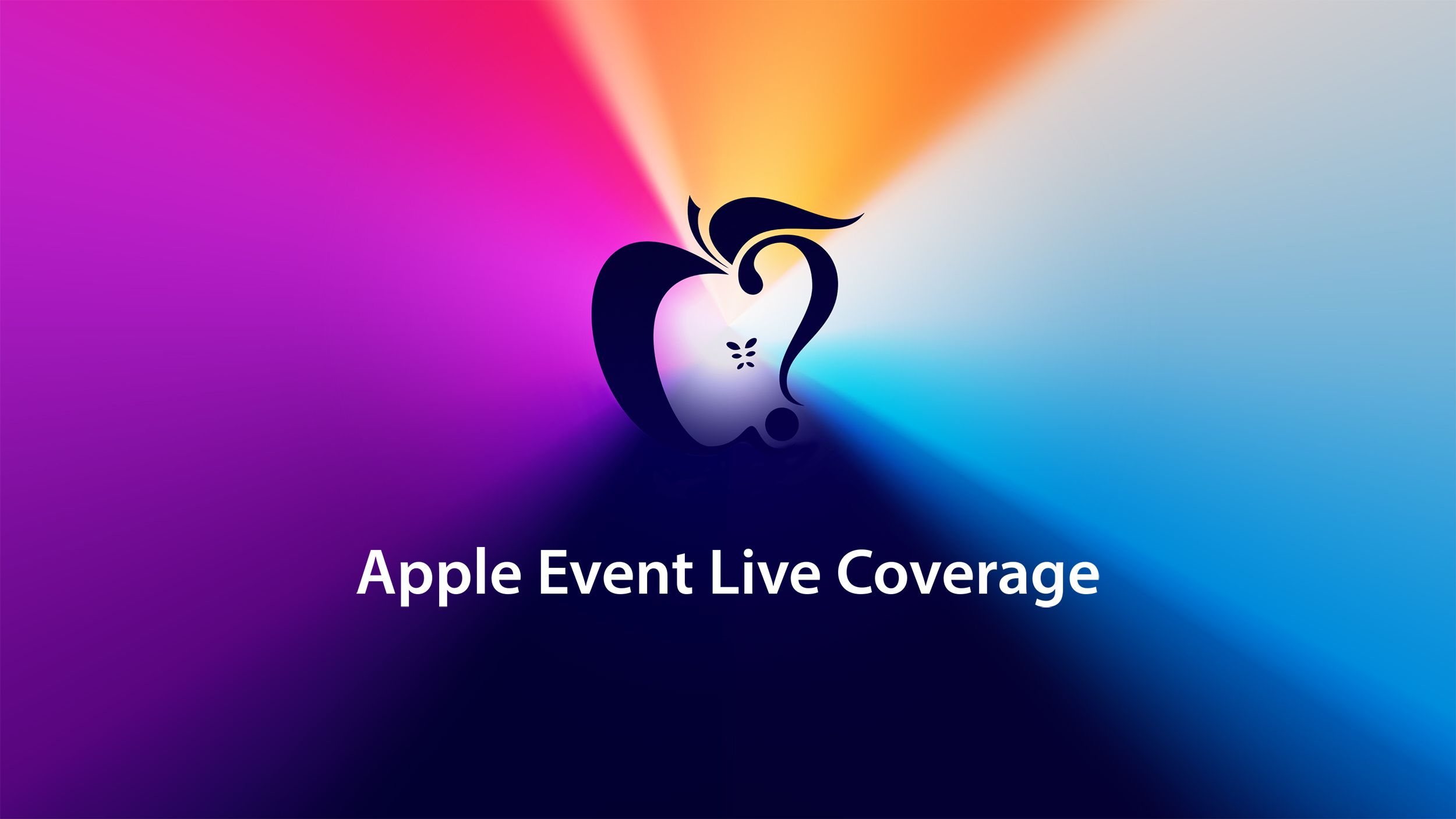I don't think the narrative has changed with the reputation that you cannot game on a Mac. I see that all of the time with Yters reviewing products. People on gaming forums, reddit. I can only assume that philosophy carries through to gaming execs as well. With the consolidation of the gaming industry, Sony, MS, and Tencent having most of the marketshare, I don't see the needle moving any time soon.
While the M2 is more capable, it comes at a price - literally the price of the MBP. While gaming laptops can cost the same of the MBP, they have the distinct advantage of being made for gaming, where as people are not going to spend 3,000 to 4,000 dollars for a M2 MBP, with gaming as a primary usage.



